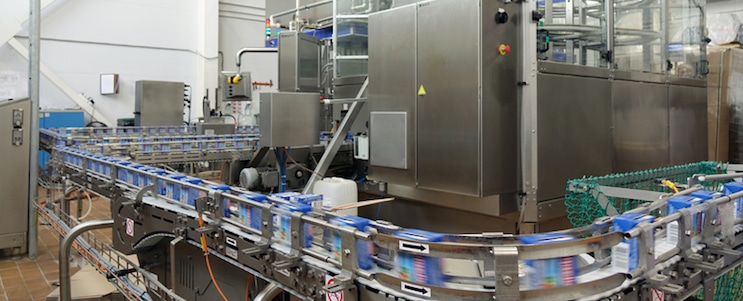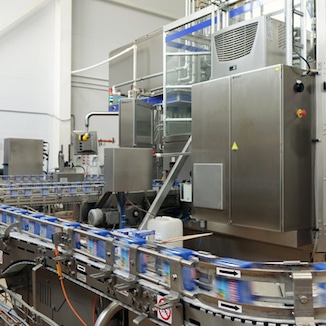
Make-to-stock manufacturers can learn from aerospace, defense, and other engineer-to-order manufacturers to be
prepared for what will be needed from digital transformation in 2021
Whether you call it Industry 4.0, Digital Transformation, or a Smart Factory, manufacturers are investing heavily in applying digital technology to change the way they work. Research from consulting giant McKinsey, local business publications, trade journals, and Forbes all suggest that investments in automation will increase anywhere from 50% to 100% because of COVID-19. When you add in the business pressures due to climate change and what is likely to be a very tumultuous coming year in geopolitics such as Brexit and the US presidential election and its aftermath, businesses will need a level of flexibility that is unprecedented in over 75 years. The challenge for many manufacturers is that their current efforts and programs may not fully prepare them for the future by not understanding what Digital Transformation in 2021 will require.
A Market of One Has Been a Target for Over 25 Years
I have been a market research analyst for over 25 years and one of the very first trends I covered when I began was the idea of a “market of one”. Even before becoming an analyst, as a manufacturing software team leader at a forest products company, the focus was on “mass customization”. The idea that customers should get their products designed and configured to their exact specifications.
In the early days of the WWW, much of the hype was around companies that were using technology to deliver products such as customized jeans or boxes of cereal with your kid’s pictures on them, simplistic but real examples of the mass customization idea. While mass merchandizing giant Amazon makes it seem we have gone the opposite direction, technologies like additive manufacturing (3D printing) are finally beginning to allow manufacturers to move towards delivering on the “market of one” promise.
Digital Transformation Can be at Odds with “Markets of One”
Much of the interest in digital program investments has been around automating repetitive tasks. Robotic Process Automation (RPA) is one of the most prevalent examples of this and is a focus for many CIOs today. In manufacturing, Manufacturing Execution Systems (MES) has been helping companies deliver either full or augmented automation of manufacturing processes for over 30 years.
The challenge is that many MES systems were designed to serve manufacturing models that were either “make to stock” or “make to order” in nature. They focused on the execution of shop orders for certain quantities of identical products or batch manufacturing of large lots of products to a fixed recipe. They are excellent at sequencing and tracking high volumes of production.
With mass customization, digital transformation in 2021 will need to behave more like the Aerospace & Defense industry, which is traditionally an “engineer to order” or “configure to order” manufacturing model. In this type of environment, the ability to have products that exist in a lot size of one and with unique manufacturing and assembly instructions become paramount. MES solutions that do not have robust links to engineering systems and the ability to support a highly dynamic shop floor work process flow can inhibit your Digital Transformation.
As 2020 transitions into 2021, manufacturers need to think not just about what to automate, but how to automate. The dynamic economy of the next 12 to 18 months as the world deals with numerous challenges will require a degree of flexibility that some solutions are incapable of delivering. When making Digital Transformation investments, think about how your shop floor needs to change to survive in the new normal.

